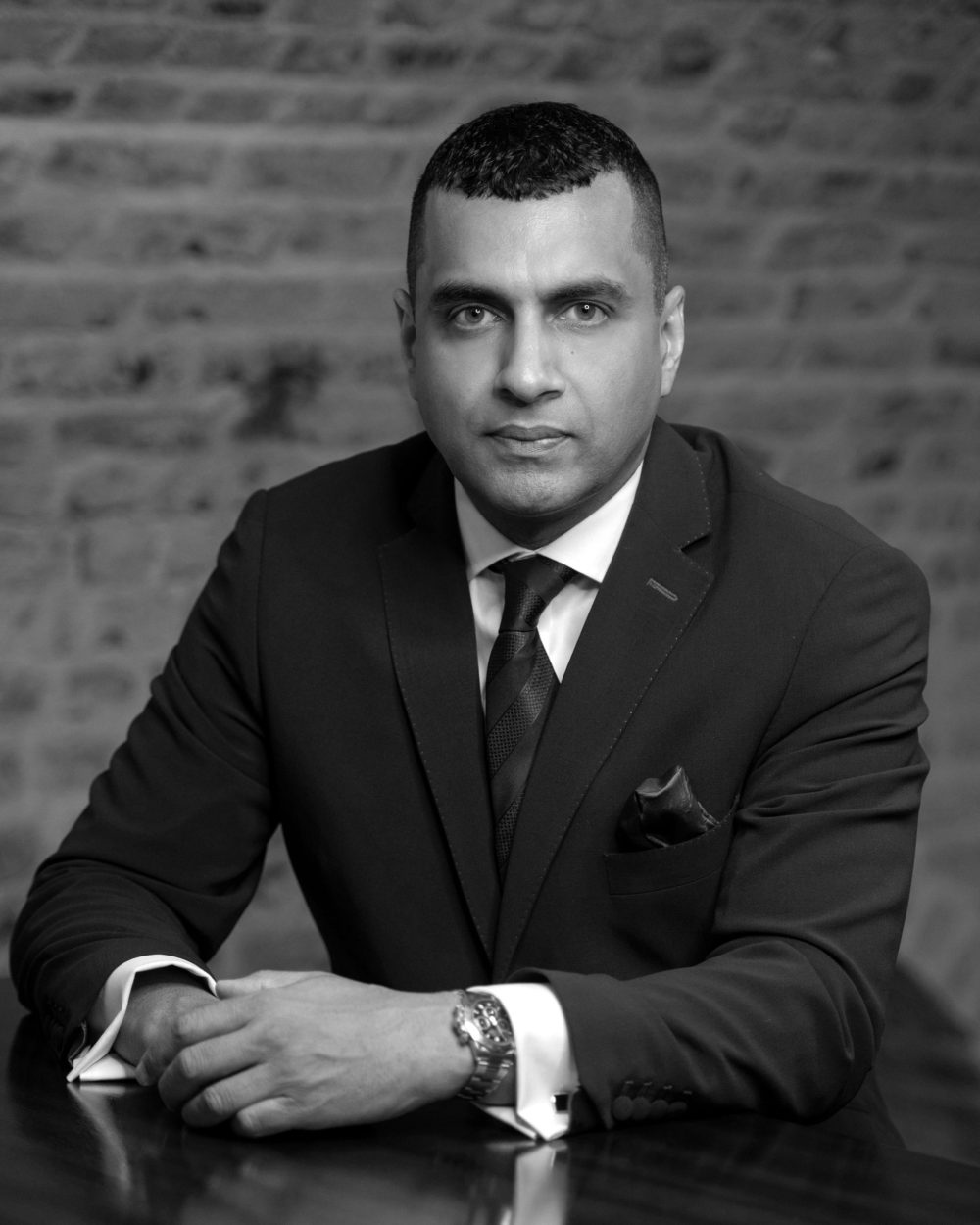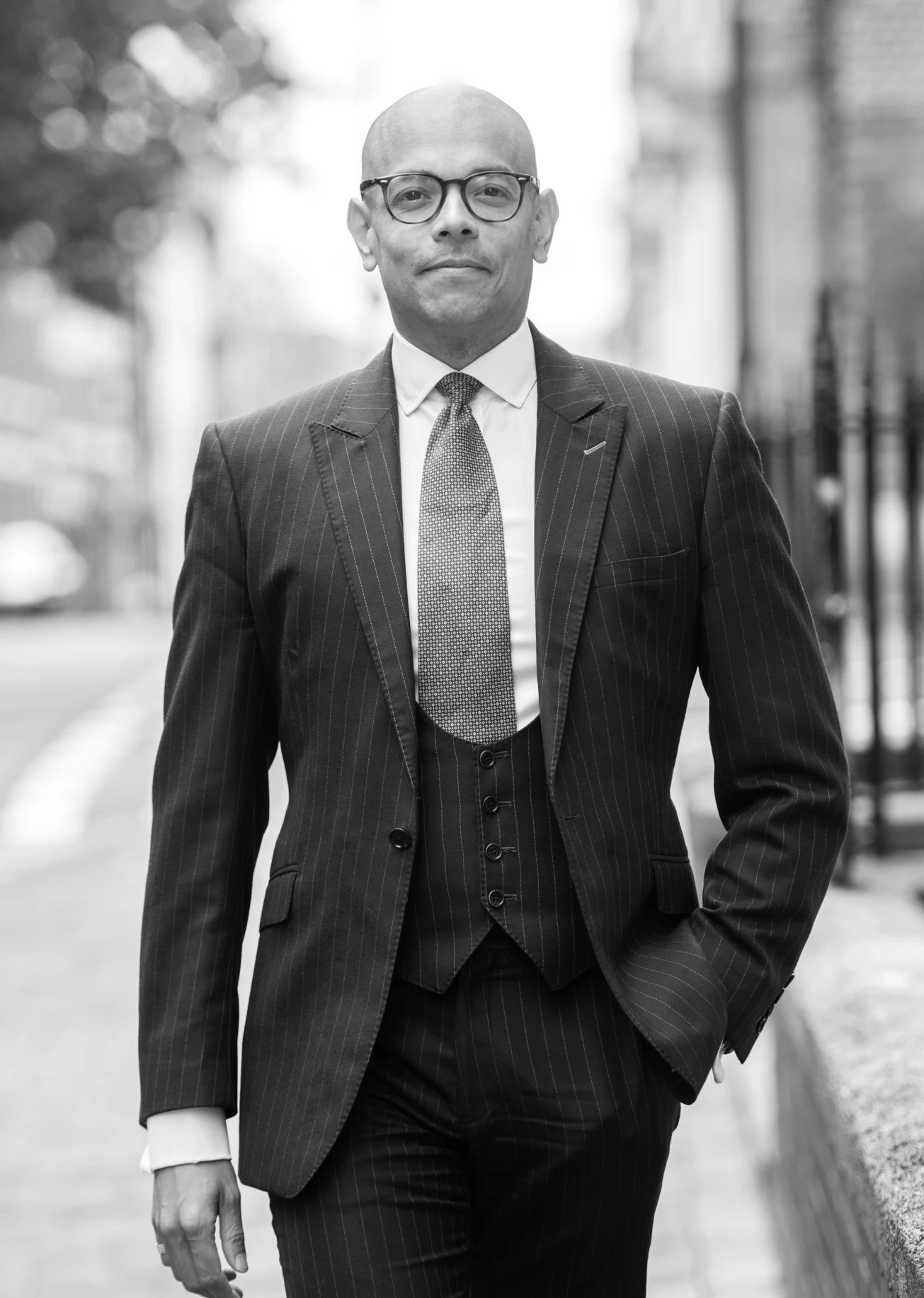Compulsory Liquidation
Compulsory Liquidation Litigation Lawyers
We are able to offer an extensive range of insolvency litigation services to:
- Individuals
- Companies
Our team of insolvency lawyers is experienced in advising in relation to a wide range of matters including:
- Transactions defrauding creditors
- Transactions at an undervalue
- Wrongful Trading | Fraudulent Trading
- Preferences
- Removal or replacement of liquidators
- Misfeasance claims against company directors
- Director disqualification
Got a question?
How can KANGS help?
Our team of expert lawyers is here to guide you in relation to any issues concerning winding up petitions and compulsory liquidations.
We are happy to provide an initial no obligation consultation at our offices in London, Birmingham or Manchester or via video conferencing facilities to explore the issues in your case and to provide an assessment of how we can assist you.
Contact KANGS
The expert lawyers at KANGS are available to assist you. We can arrange initial consultations in person, by video call or telephone.
Please contact one of our experts listed below or contact us at:
What is a compulsory liquidation?
A compulsory liquidation usually occurs as a result of the presentation of a Winding Up Petition to the court by a creditor against a company that is unable to pay its debts.
The liquidation of the company is ‘compulsory’ as opposed to ‘voluntary’ and requires a court order.
Whilst it is usually a creditor that petitions for the winding up of a company, other parties can also present a winding up petition, including the Secretary of State, on the ground that it is in the public interest to wind up the company.
What is the procedure for a compulsory liquidation?
Following the issue and service of a winding up order, if the court orders the winding up of a company, the immediate steps to be taken are:
- A liquidator must be appointed
- The company must cease to trade immediately
Subsequent steps in the process include:
- The Official Receiver will notify Companies House of the Winding Up Order
- A decision will be taken by the Official Receiver and the company’s creditors on whether or not to:
- Appoint an Insolvency Practitioner as liquidator in place of the Official Receiver, and
- Appoint a liquidation committee to assist the Insolvency Practitioner. The committee will generally consist of three or five members who are creditors of the liquidated company
There are strict time limits for appointing an Insolvency Practitioner and for convening the initial liquidation committee meeting.
The liquidator’s fees will be paid using the company’s funds/assets before such funds/assets are distributed to creditors. Such fees will be approved by the liquidation committee.
In addition to marketing and selling the assets of the company to achieve a distribution of cash to the company’s creditors, the liquidator will also focus attention on investigating the activities of the company and its directors and prepare a Liquidator’s Report. This will include interviews with appropriate company personnel and access to all company books and records.
All creditors will need to submit ‘Proof of Debt’ to evidence that funds are owed to them by the liquidated company.
The liquidator will provide both a Statement of Affairs of the company and details of the liquidation committee to Companies House.
What happens once assets are liquidated?
Having liquidated all assets and made the appropriate distribution to the company’s creditors, the liquidator will prepare the Final Account for the approval of the company’s creditors. If approved, it will be submitted to Companies House so that the company can be officially dissolved.
Both HMRC and the Secretary of State for Business Energy and Industrial Strategy may have an interest in conducting their own review of the company and its directors which can lead to separate criminal or civil proceedings in many cases.
Testimonials
Get in touch
Send an enquiry





